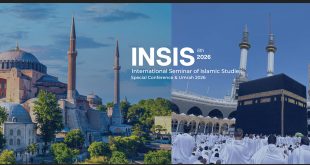Based on his ethnographic fieldwork in the city of Nablus, Schaeublin traces zakat flows as they provide critical support to households living under military rule and security surveillance.
Zakat giving or mutual aid is a sacred practice in Islam. Where government and public safety nets fail, zakat serves as a form of social security in Muslim communities. In Divine Money, Emanuel Schaeublin shows how zakat institutions and direct zakat donations function in contemporary Palestine.
Based on his ethnographic fieldwork in the city of Nablus, Schaeublin traces zakat flows as they provide critical support to households living under military rule and security surveillance. In the neighborhoods of Nablus, the Islamic tradition shapes public life. Many enact simple gifts of money of food as an expression of God’s generosity and justice. How do such invocations of the divine enable people to negotiate responsibilities and tensions arising from differences in wealth in Palestinian society? What is the role of zakat in confronting political repression and economic instability?
About the Author
Emanuel Schaeublin is an anthropologist focusing on ethics and political conflict in the Arabic-speaking Middle East and Europe. He is a senior researcher at ETH Zurich and an advisor on film productions.
Table of Contents
Introduction: An Anthropological Perspective on Zakat
1. Fieldwork under Military Rule: Subjecting Oneself to Lateral Disciplining
2. Zakat Institutions on Shifting Grounds
3. Concealing and Exposing Need: Shyness, Piety, and Dignity
4. The Piety of Giving: Modelling Direct Zakat Interactions
5. The Ethics of Giving and Market Transactions
6. The Other World and the Occupation
Bibliographic Information
Title: Divine Money: Islam, Zakat, and Giving in Palestine
Author (s): Emanuel Schaeublin
Publisher: Indiana University Press
Language: English
Length: 184 Pages
ISBN: 9780253066589
Pub. Date: September 2023
 Ijtihad Network Being Wise and Faithful Muslim in the Contemporary World
Ijtihad Network Being Wise and Faithful Muslim in the Contemporary World
